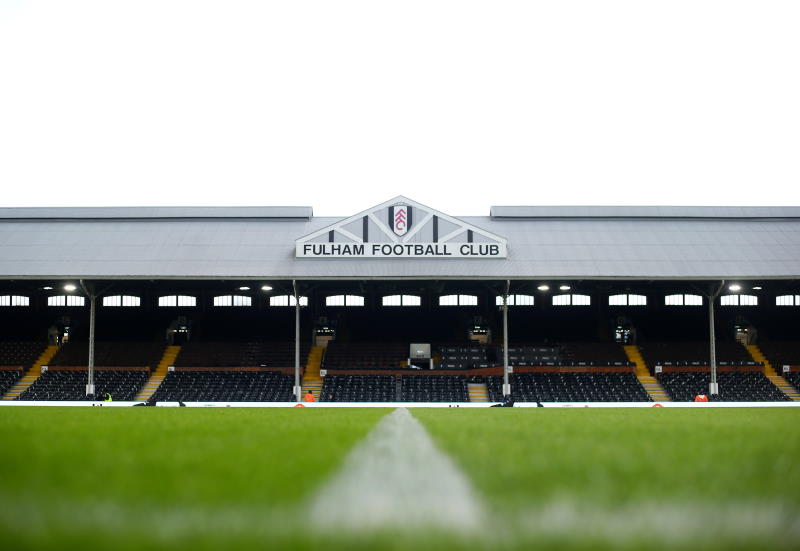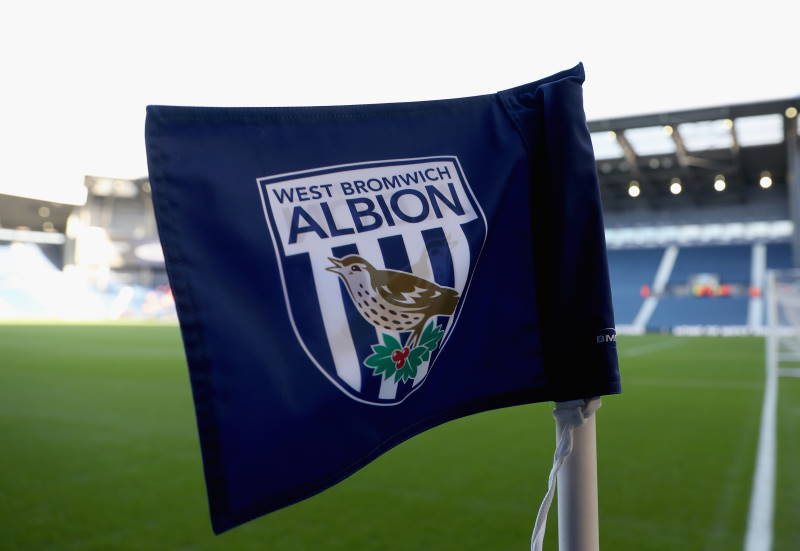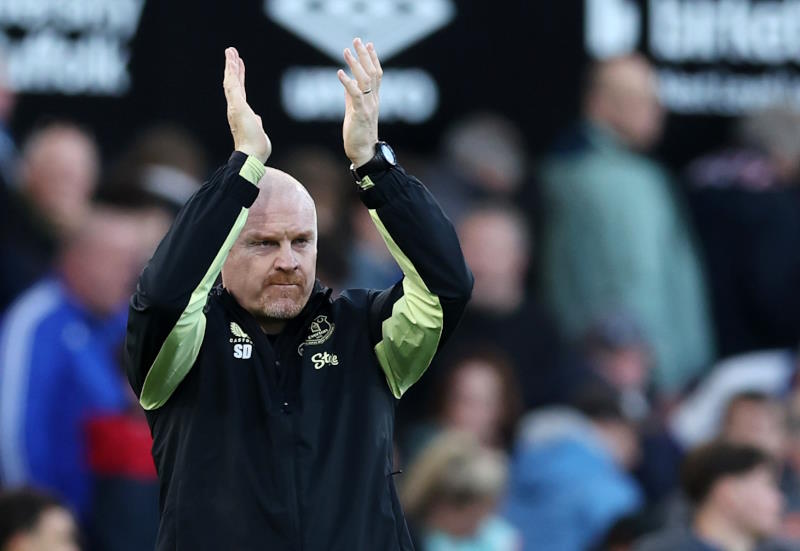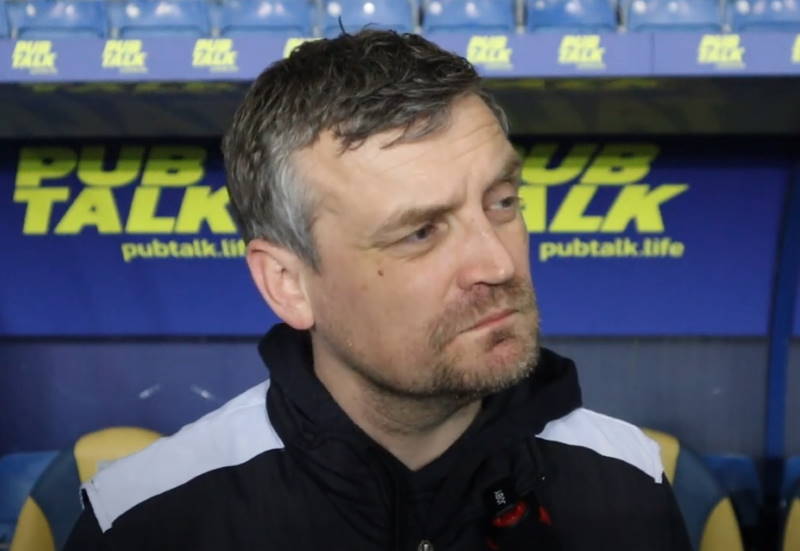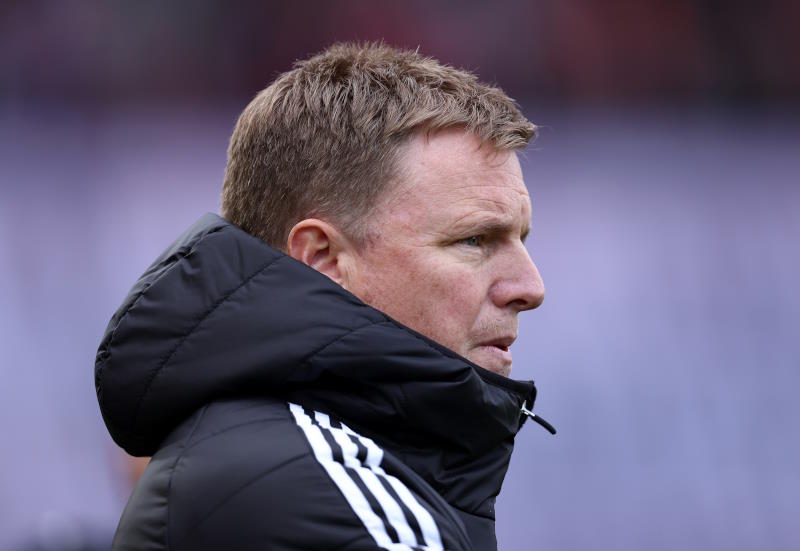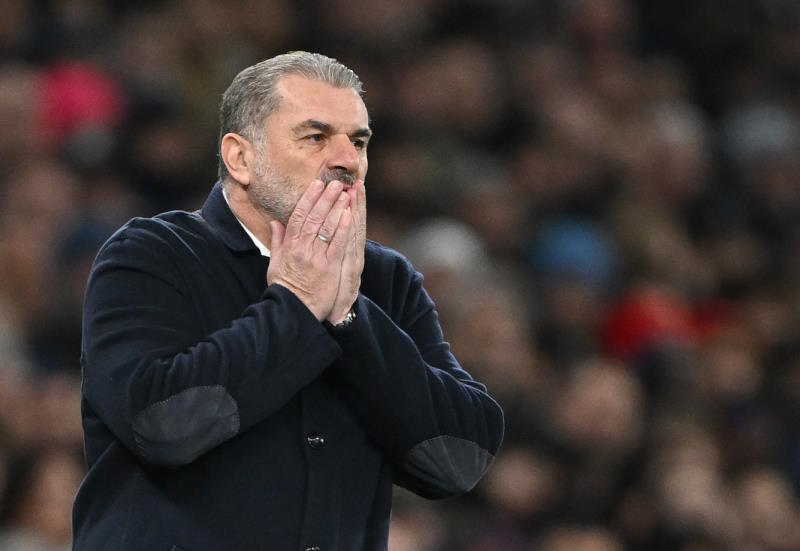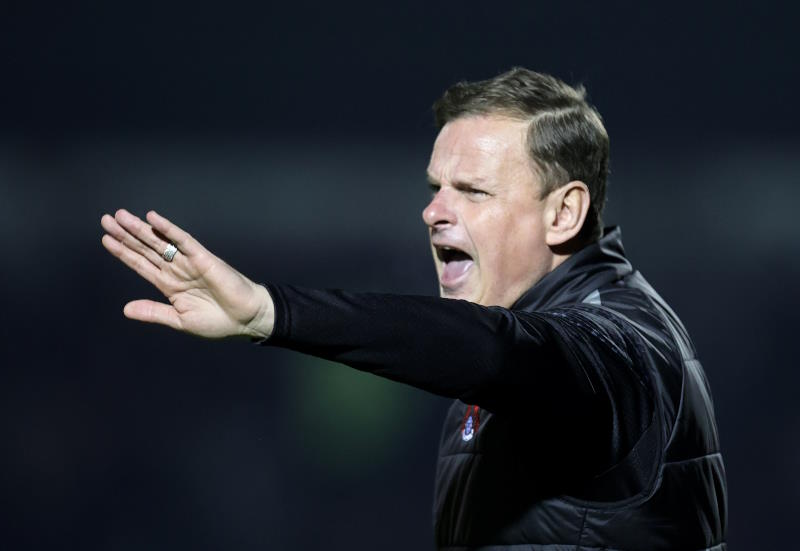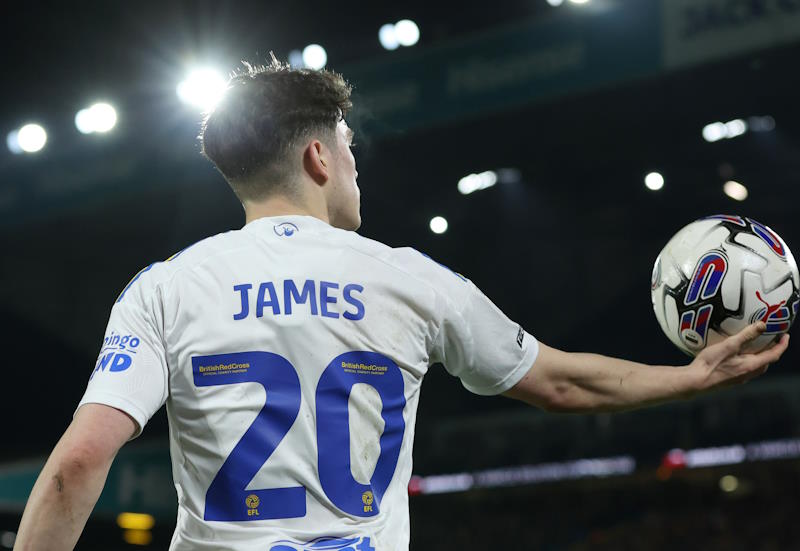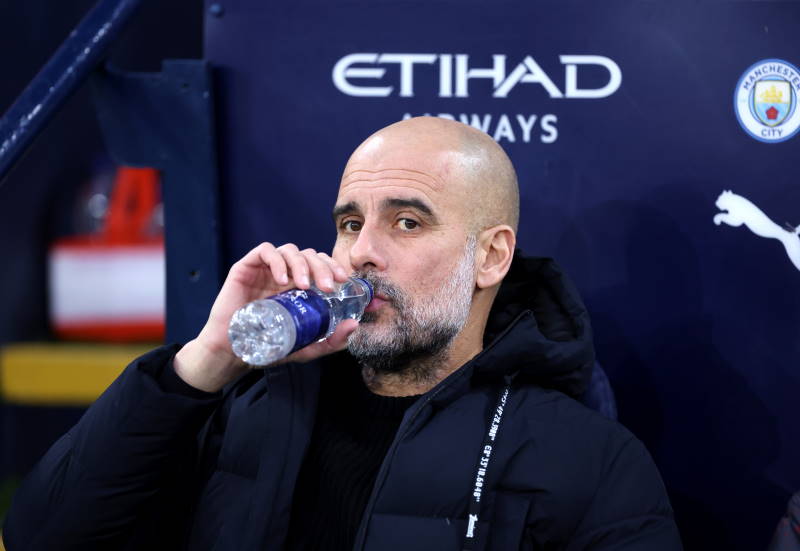
Matt Oldfield
Those fearing a summer without football need not worry for now, with the exciting prospect of England’s youngsters competing in the UEFA European Under-21 Championship in Sweden in June. England are one of only eight teams who have progressed to the group stages of the competition and are third favourites, close behind Spain and Italy, and ahead of Germany. So what are the chances of Stuart Pearce’s England team bringing home some much-needed silverware?
Well, the expectations are rather mixed. England won their qualifying group with ease but then struggled against an in-form but inferior Welsh side in their playoff tie. Placed in a group which also includes Spain and Germany, much will depend upon the likes of Theo Walcott and Gabriel Agbonlahor to power England to success. Pearce has a strong side to work with, with talent throughout; Manchester City’s Joe Hart and Micah Richards at the back along with West Ham’s Mark Noble and Tottenham’s Jamie O’Hara and Tom Huddlestone in midfield, combined with Walcott, Agbonlahor and his Aston Villa team-mate James Milner in more attacking roles. Experience is also certainly in England’s favour; Huddlestone, Milner and Blackburn’s Matt Derbyshire all played at the previous championships in Holland in 2007, while Richards, Walcott, Hart and Agbonlahor have all represented England at senior level.
However, there have certainly been better England Under-21 squads in recent years and the current options are becoming increasingly scarce with injuries to Stephen Taylor, David Wheater and Tom Huddlestone. This lack of depth puts added pressure on the likes of Walcott and Agbonlahor, who will enter the tournament straight after a gruelling domestic campaign where they were both key performers for their clubs.
Middlesbrough manager Gareth Southgate is among those who are suggesting that this competition could be a step too far for these players who represent the future of English football, and should not be exhausted at such a young age.
Despite these doubts, England still have a good chance of progressing well in the tournament. Spain, captained by Atletico Madrid starlet Raúl García, look likely to be England’s strongest competition in Group B, with their core of Barcelona prodigies – Gerard Pique, Sergi Busquets and the sensational Bojan Krkic – and other highly rated players such as Sevilla’s Diego Capel. The team, led by former Real Madrid manager Juan Ramón López, finished the qualifying group stage without dropping a point, but they did struggle to beat Switzerland in their playoff tie, which must give Stuart Pearce some confidence.
Germany are England’s other main threat for a semi-final place. Surprisingly, however, Germany have a poor record at Under-21 level, and they were nearly beaten by France at the playoff stage this year. Hamburg striker Rouwen Hennings will be a threat, having scored seven goals in qualification, and Bayern Munich’s Toni Kroos and Werder Bremen’s Mesut Özil are talented playmakers in midfield. England though, are expected to be too strong for Horst Hrubesch’s largely unconvincing side.
Group B’s final team, Finland, are this year’s surprise qualifiers and Markku Kanerva’s side will be looking to create a few upsets during the championships. However, placed with England, Germany and Spain, progress to the semi-finals seems unlikely for the Finns who are led by the talented and tall midfielder Tim Sparv, who played with Theo Walcott in the Southampton youth team in 2003.
Group A, on paper, looks an easier prospect and it is perhaps for this reason that it is former Chelsea player Pierluigi Casiraghi’s Italy team who enter the tournament as favourites. Italy won their tough group which included Croatia and Greece, and defeated Israel comfortably in the playoffs. The big name in the team is powerful Inter Milan striker Mario Balotelli whose record at Under-21 level currently stands at three goals in three games. However, former Manchester United striker Giuseppe Rossi, Juventus midfielder Sebastian Giovinco and Inter Milan striker Robert Acquafresca are also key performers and if the side can stay composed, they should at least progress to the final.
Joint-top goalscorers in qualification, Serbia, should not be underestimated by anyone. The fact that new Manchester United duo Zoran Tosic and Adam Ljajic are not necessarily the key performers in this team shows the strength in depth that coach Slobodan Krcmarevic has to work with. Many of the Serbian side have experience at full international level, which will hold them in good stead in a tournament that they finished as runners-up in 2007. In the group stages they finished level on points with future Group B opponents Belarus, in part because a lot of their players were playing for the senior team instead. When they were all available for selection, Serbia thrashed Hungary 8-0, with impressive Hertha Berlin defensive midfielder Gojko Kacar scoring a record five goals. The player to watch seems to be Nantes striker Filip Djordjevic, who is quickly making a name for himself, and this tournament could be his chance to truly shine.
Belarus, likewise, must be taken seriously by Italy, and by the Group B semi-finalists, should Yuri Kurnenin’s side make it that far. The fact that Belarus overcame a technically superior Turkish side in their playoff tie should be a warning to the likes of Italy and Spain. The key man is undoubtedly BATE Borisov midfielder Sergei Kryvets, but Dmitri Komarovski is another talented performer in a well-organized and hard-working team. However, a full-strength Serbian team should beat them and secure that second semi-final spot behind Italy.
Sweden, the hosts, are not just there to make up the numbers. Despite qualifying automatically, they have progressed well over the last two years, playing 18 matches across the world and trying out nearly 50 players. The star man is striker Marcus Berg who has been prolific for FC Groningen in Dutch football, while midfielder Ola Toivonen is also an attacking threat in a team that is certainly well-prepared for this tournament.
There will be no easy games and there will undoubtedly be upsets, two facts which make this year’s UEFA Under-21 European Championships essential viewing for all football fans. Names will be made and growing reputations will be both cemented and destroyed. England have a good chance of progressing to at least the semi-finals but can they go any further? And how many times have English fans held such high hopes for their national team and been disappointed?
South Korea 08/09 Home *50% off * Portugal 08/09 Home *30% off*
Related Articles:
- – Club World Cup Worth its Place?
- – International Game to be Unexpected Beneficiary?
- – Atlantic League Needed as European Leveller?

